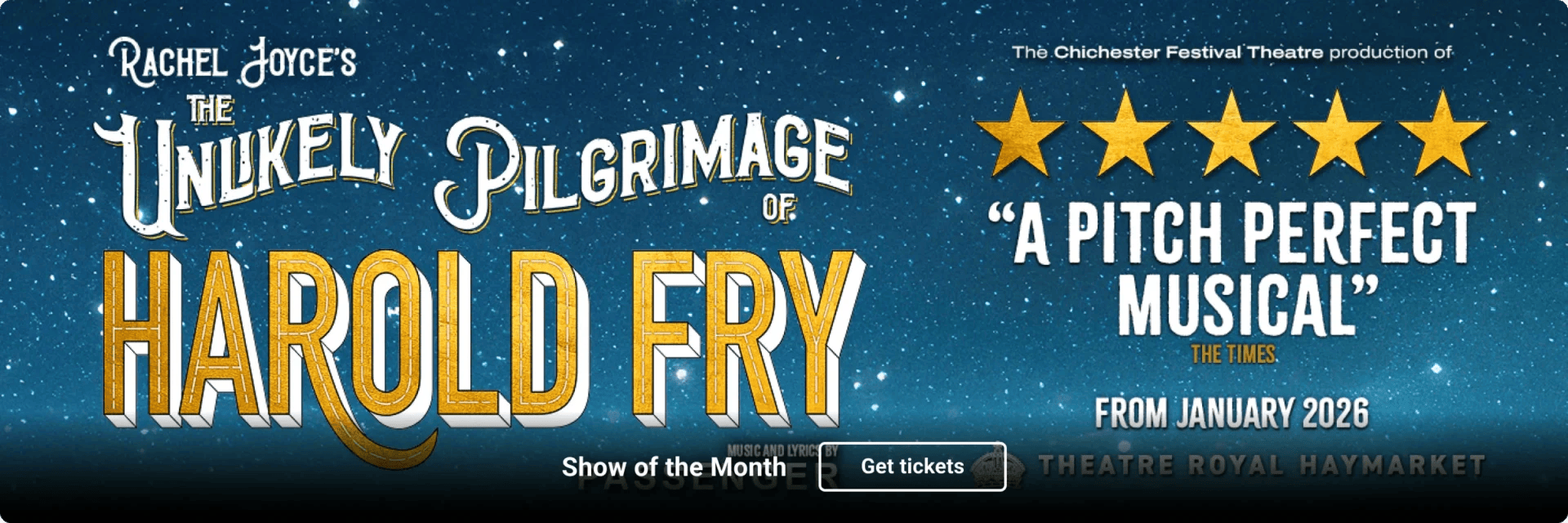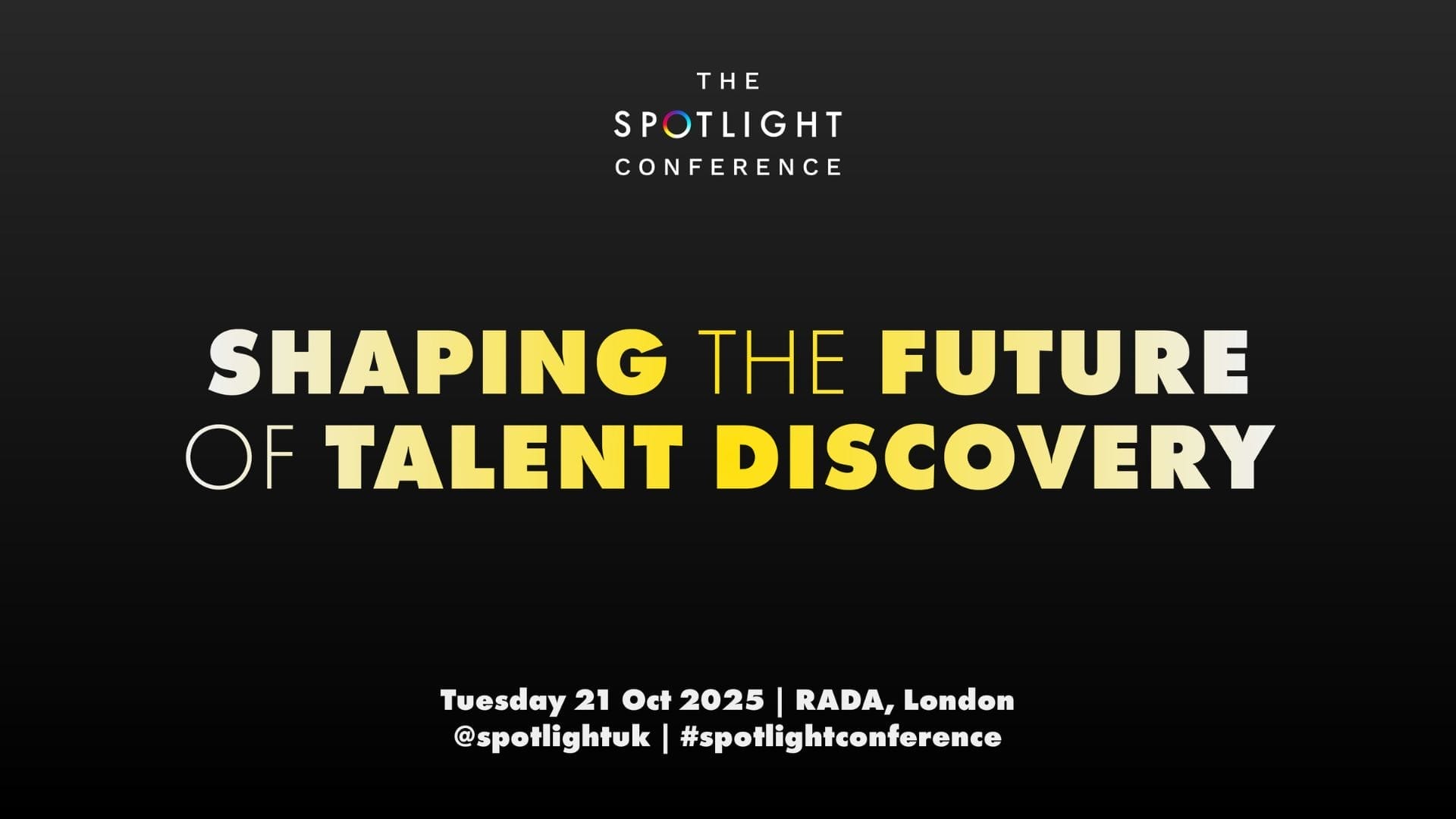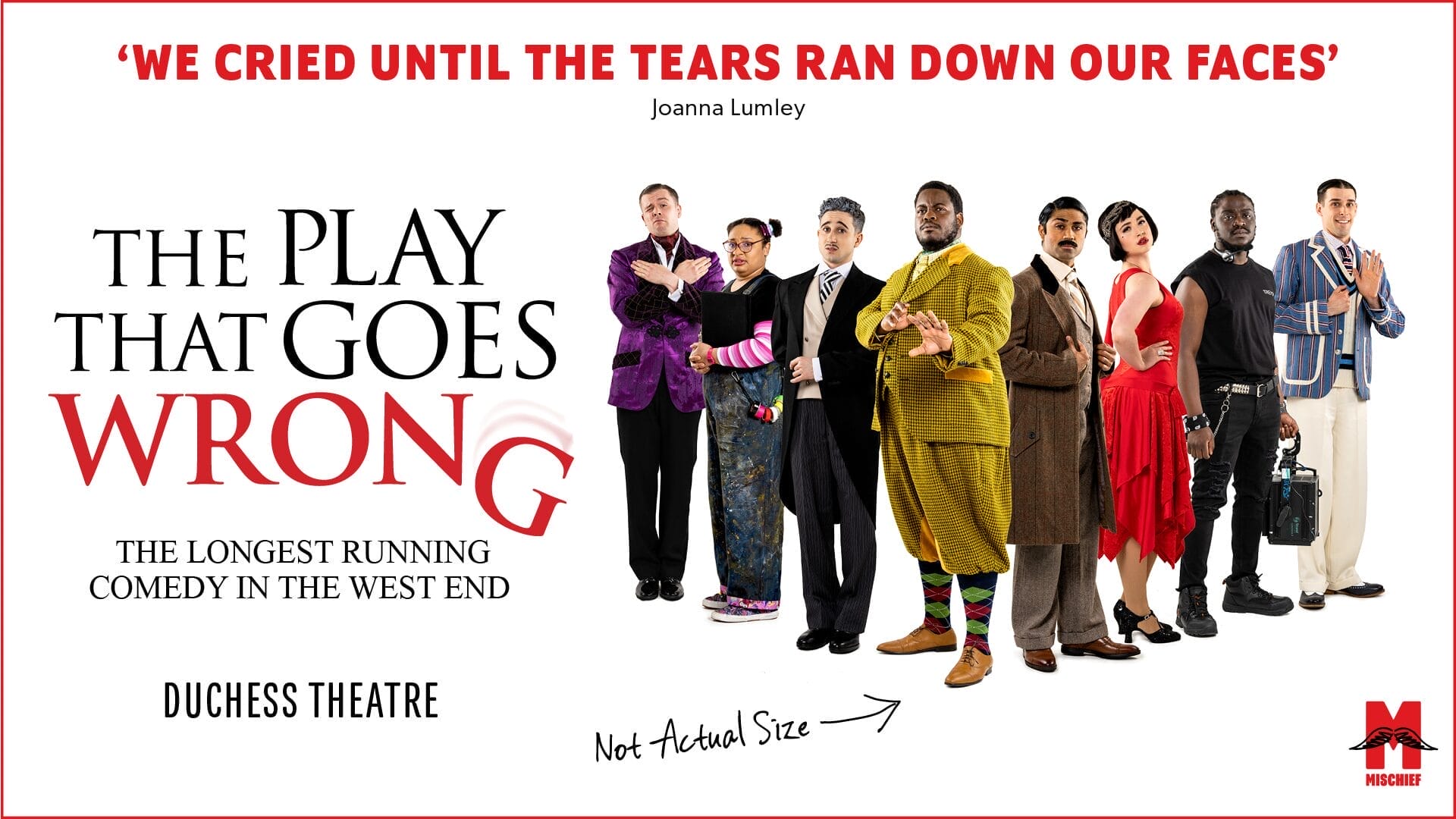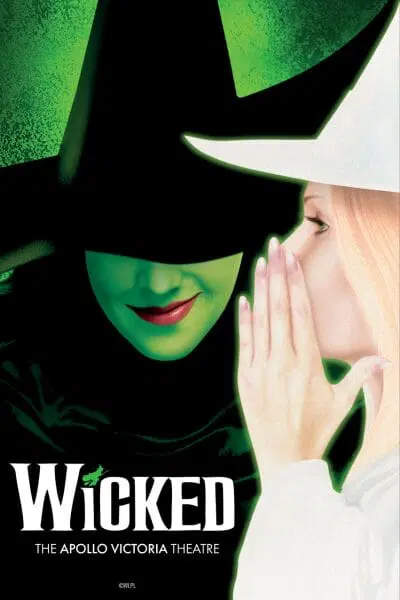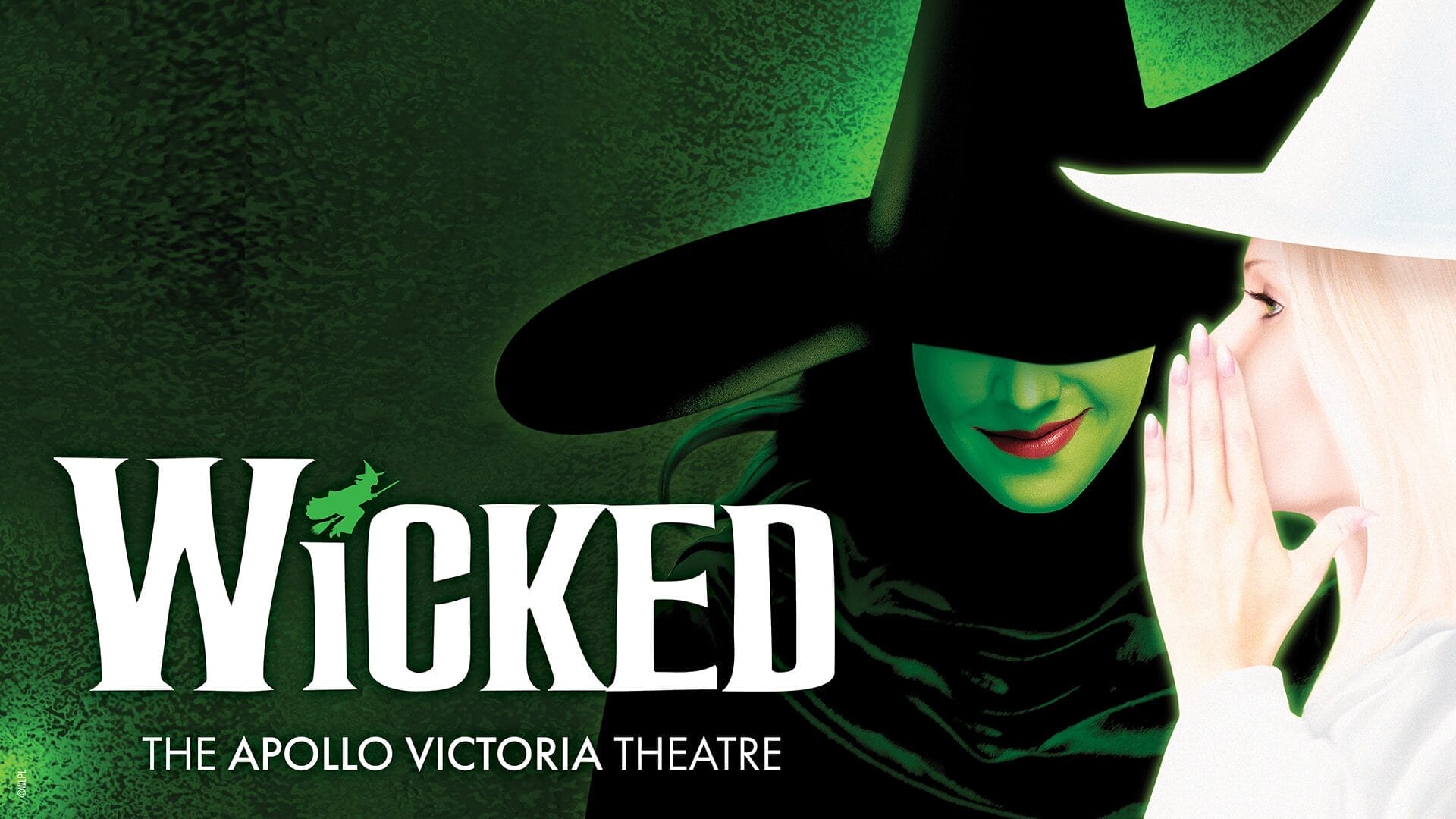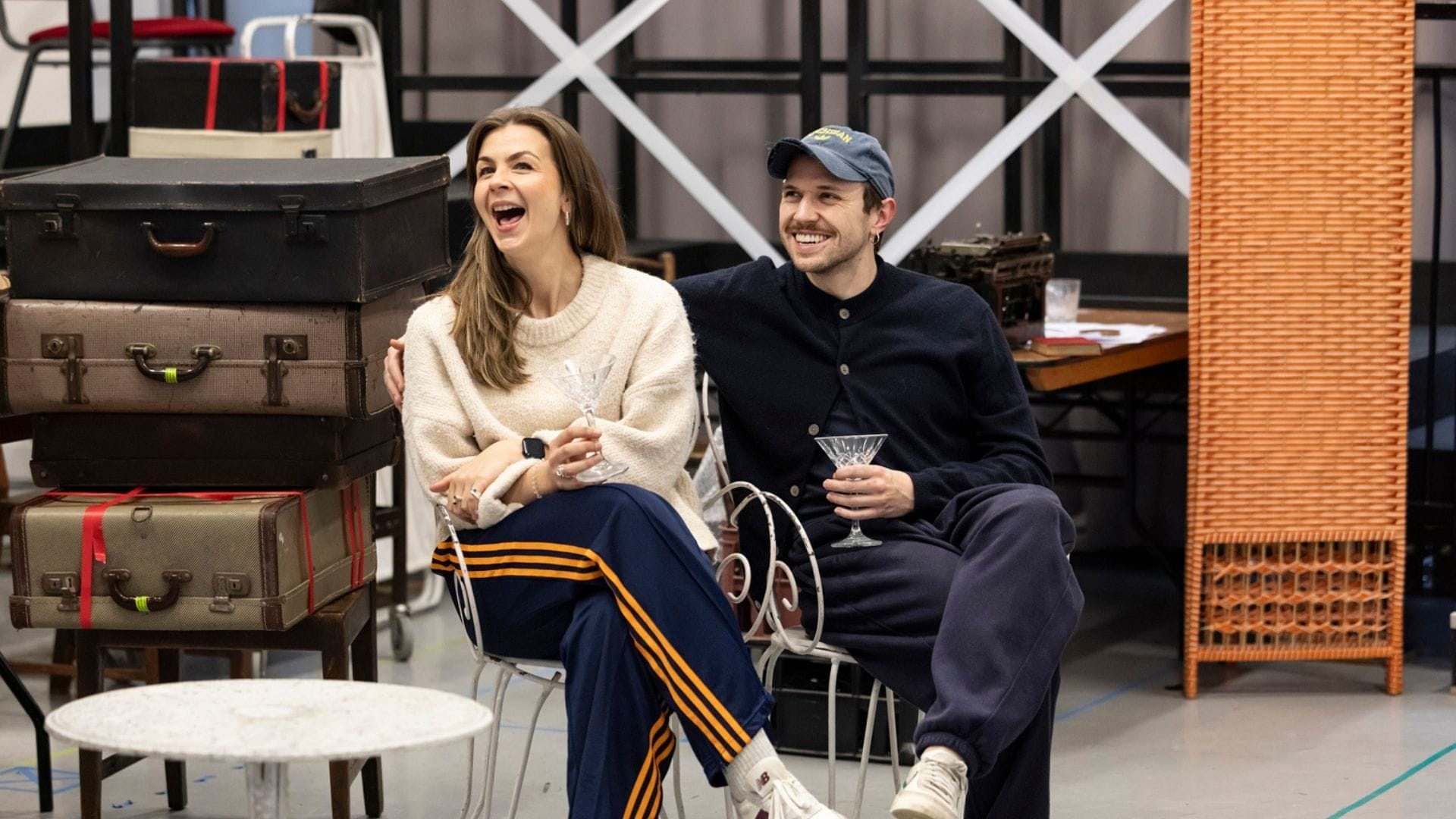 Really Good Exposure ties together real-life stories from different people to follow one woman down the exploitative path of young fame.
Really Good Exposure ties together real-life stories from different people to follow one woman down the exploitative path of young fame.
Megan Prescott’s Molly is quite literally stripped bare on a simple set in Really Good Exposure, commanding the stage with a vivid presence and no mic. From the moment she strides onto the stage in a security guard’s heavy uniform, Prescott is in control, making it all the more jarring when the power is slowly stripped from Molly—and all the more empowering when she claims it back.
There are clear parallels to real-life events, some clearly from Prescott’s own life and some, as she later states, from those that happened to others. We follow Molly from age nine through to adulthood. The childish voice we first meet her in makes the exploitative events seem all the more chilling, a testament to how well Prescott embodies each age of the character.
While based on the lives of others, there are several moments relatable enough to draw audible sighs and groans from women in the audience. Really Good Exposure brings something fresh to the conversation around fame and the exploitation of women, especially through the variety of off-stage characters, depicted through voice-over.
It’s not just men who Molly must go up against or some faceless industry. The voice-overs are masterfully implemented to great effect to help you truly step into Molly’s world and humanise her in a world which increasingly reduces celebrities to 2D characters.
The show itself is impeccably well-structured and paced, although the final moments could have been woven tighter. The closing monologue drags ever so slightly, falling into the trap of soapboxing at points, but that doesn’t take away from a cathartic and empathetic tale.
Really Good Exposure offers a fresh voice on a long-standing problem, making it well worth your time this Fringe.

